Best Brussels Neighborhoods for Umicore, Total & Euroclear Employees: 2025 Guide
Discover the top 4 Brussels neighborhoods for professionals at Umicore, Total, and Euroclear. Commute times, rent costs, and insider tips from 15+ years helping expats find homes.
After 15 years of helping newcomers settle into Brussels, I know that commute time, lifestyle vibe, and local community can make or break your first year. In this guide, I share our four favorite neighborhoods for professionals working in 1000 Brussels, along with practical commute info and insights from real residents.
Whether you’re relocating to Brussels for Umicore, Total, or Euroclear, choosing the right neighborhood is crucial for your first year’s success. Each year, hundreds of professionals join these prestigious organizations, often arriving with little time to explore the city beforehand. This guide shares our top neighborhood picks for 1000 Brussels workers, complete with real commute data and insights from current residents.
Regardless of where you choose, finding the right fit isn’t easy on the first try, which is why we always recommend you choose housing that is flexible so you can adjust your choice if needed.
1. 🚶♂️ Dansaert: Walk to Work in the Heart of Brussels
🕐 Commute: 5–15 minutes walking to most 1000 Brussels offices
Why it works:
You’re right in the city center—offices, cafés, boutiques, and bars all a short walk away while walking to the offices is easy and enjoyable. Ideal for professionals who want an urban lifestyle and to skip public transport entirely.
Neighborhood feel:
This area is named after the Rue Antoine Dansaert, stretching from the Bourse to the canal. While parts of 1000 Brussels can feel soulless (especially around Euroclear/Gare du Nord), Dansaert is trendy and independent, with a distinctly Flemish creative vibe. Architecture here leans toward Parisian-style apartments with modern interiors—more comfortable than the chopped-up maisons de maître found elsewhere. For peace and charm, we recommend the streets between Quai aux Briques and Rue de la Braie.
Insider tip:
Try our favorite cocktail bar l’ Archiduc right on the rue Antoine Dansaert—an art deco gem with jazz on the weekends and world-class cocktails.
Pros:
- Walk to work—no commute required
- Cool boutiques, bars, and a local vibe (far from the “Eurobubble”)
- Well-designed purpose-built flats
Cons:
- Gets touristy in summer
- Limited greenery nearby
2. 🌍 Ixelles-Flagey: Brussels’ Expat Headquarters
Commute: 20-25 minutes by bus (traffic dependent)
Flagey has earned its reputation as Brussels’ unofficial expat social hub. The pedestrianized squares around the iconic Flagey building create natural gathering spaces, while Café Belga and the surrounding ponds (Étangs d’Ixelles) buzz with after-work drinks and weekend energy.
The area offers Brussels’ strongest international community—perfect if you’re arriving without local connections. Housing ranges from renovated townhouses to modern apartments, with quieter options toward Abbaye de la Cambre.
👤 Resident Insight
“I joined salsa classes at Maison du Malibran within weeks of arriving and immediately found my Brussels friend group.”
— Clara, Process Engineer at Umicore
🎭 Cultural Bonus
The Flagey building houses both an excellent concert hall and cinema that shows new releases without advertisements—a rare European treat.
✅ Perfect For
- First-time Brussels residents
- Social professionals
- Anyone wanting immediate community connections
⚠️ Consider the Downsides
- Expect premium pricing due to popularity
- Noise around Place Flagey, especially near Café Belga
3. Ixelles – Porte de Namur / Fernand Cocq
Commute: Metro: 10-15 min | Walk: 20-25′ min
Why it works:
A strong balance between lifestyle and practicality. Walkable to both the EU quarter and city-center jobs, while being near great restaurants and nightlife.
Neighborhood feel:
This area is a patchwork—Fernand Cocq is charming and well-kept, while other streets are more mixed. Housing varies greatly. The area has become more popular in recent years, with Eurocrats and interns replacing the student crowd. Great restaurants and bars seem to be opening every day. It’s a good compromise if you want to be near Flagey’s buzz but a faster commute to Umicore or Total.
Pros:
- Metro access and walkability
- Great food and shopping
- Near Parc Royal and the center
Cons:
- Housing quality varies block to block
- Atmosphere changes quickly—visit before renting
4. Saint-Gilles – Parvis de Saint Gilles
Commute: Metro: 10 min | Walk: 20 min
Why it works:
Parvis is the best of all worlds: bobo charm, reliable metro, cycle paths, great café scene and a daily market. You’re also just 15 minutes on foot to Gare du Midi—perfect for catching the Eurostar or Thalys after work.
Neighborhood feel:
Saint-Gilles blends Brussels’ bohemian vibe with livability. Morton Place Parvis and Louise are on the more polished west side, near Hôtel des Monnaies metro. Across the church, some streets are still gentrifying. With Parc de Forest nearby and great bars, it’s ideal for professionals who want authenticity without sacrificing ease.
Resident insights:
“Our running club leaves from the front door at Morton Place Parvis and we’re in Parc de Forest in under 10 minutes—perfect for a loop after work.” – Camille, Morton Place Louise, Total
“I hop on the Eurostar to Amsterdam on Thursday evenings and work remotely on Friday—Gare du Midi is a 15-minute walk or two metro stops.” – Victoria, Morton Place Parvis, Freelance
Pros:
- Great mix of cultures and styles
- Excellent nightlife and restaurants
- Close to Eurostar/Thalys for easy travel
Cons:
- Some streets still in transition
- Slower tram connections
- Limited greenery within the immediate area
🎯 Making Your Neighborhood Decision
Prioritize by Lifestyle:
🏢 Work Efficiency: Dansaert or Porte de Namur
👥 Social Connections: Flagey or Parvis de Saint-Gilles
💰 Budget Optimization: Parvis de Saint-Gilles or Porte de Namur
🎭 Cultural Immersion: Parvis de Saint-Gilles or Dansaert
🚇 Transport Flexibility: Porte de Namur
🚩 Brussels Apartment Hunting Red Flags:
- Properties significantly below market rate usually indicate poor condition
- Avoid landlords demanding large cash deposits
- Ground floor units on busy streets
❓ Frequently Asked Questions
Which neighborhood has the strongest expat community?
Ixelles-Flagey leads, followed by the rapidly growing Parvis de Saint-Gilles community and Porte de Namur.
How important is cycling for Brussels commuting?
Increasingly important. Brussels has rapidly expanded protected bike lanes, with routes from Flagey and Parvis de Saint-Gilles to city center. Many professionals find cycling faster than public transport during peak hours. The city centre and the protected bike lanes remain the safer options as Brussels transitions to a more cycle friendly city.
What are typical Brussels transport costs?
- STIB public transport passes: €49 monthly
- Bike sharing (Villo!): €31 annually
- Most professionals use a combination approach
🏠 Why Consider Coliving?
International professionals new to Brussels often benefit from coliving’s:
- Immediate community
- Neighborhood flexibility before long-term commitments
- Furnished convenience
- Local expertise from housemates and community managers
Morton Place Coliving specifically serves international professionals with thoughtfully designed homes in prime Brussels locations, regular community events, and flexible terms ideal for career-focused individuals.
Your Next Steps
- Visit neighborhoods during different times—each has distinct day and evening personalities
- Test your potential commute during rush hour
- Connect with local expat groups for real-time insights
- Maintain flexibility as your Brussels needs evolve
While we’ve focused on these four neighborhoods for their proximity to major employers, Brussels offers many other wonderful areas to explore. Châtelain and Schaerbeek are particularly popular among international professionals and can be equally lovely and rewarding, though they require a bit more commute time to the 1000 Brussels district.
Whether you choose Dansaert’s urban efficiency, Flagey’s social energy, Porte de Namur’s balanced convenience, or Parvis de Saint-Gilles’ authentic charm, Brussels offers exceptional opportunities for international professionals.
🤝 Ready to Experience Brussels?
Exploring coliving? Morton Place offers beautifully designed, fully furnished homes with curated international professional communities in these prime Brussels neighborhoods—perfect for experiencing the city while building your local network.
Why choose Morton Place coliving? We specifically serve international professionals with thoughtfully designed homes, regular community events, and flexible terms ideal for career-focused individuals relocating to Brussels.
Get in touch!
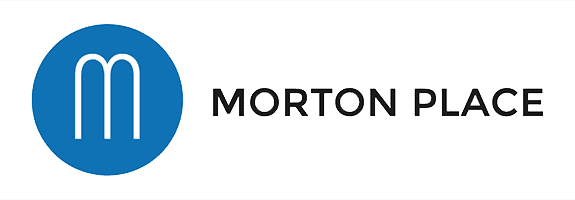
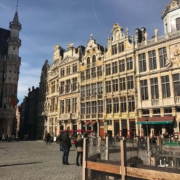 MP Holdings
MP Holdings
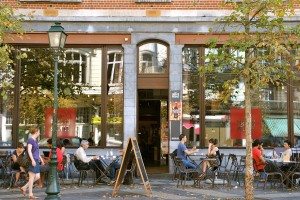

 Ville de Bruxelles
Ville de Bruxelles 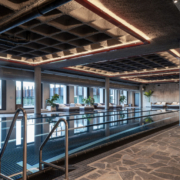
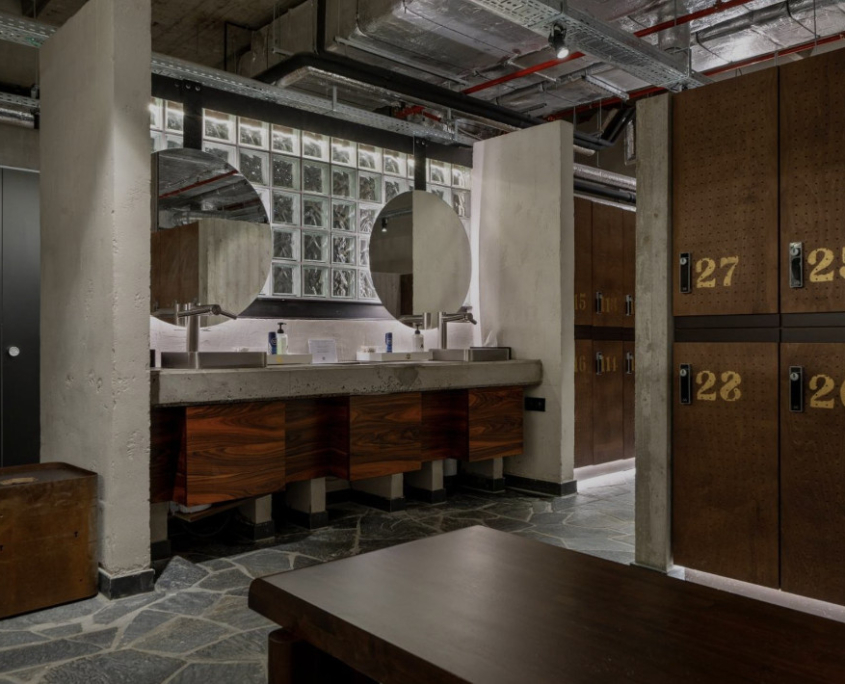
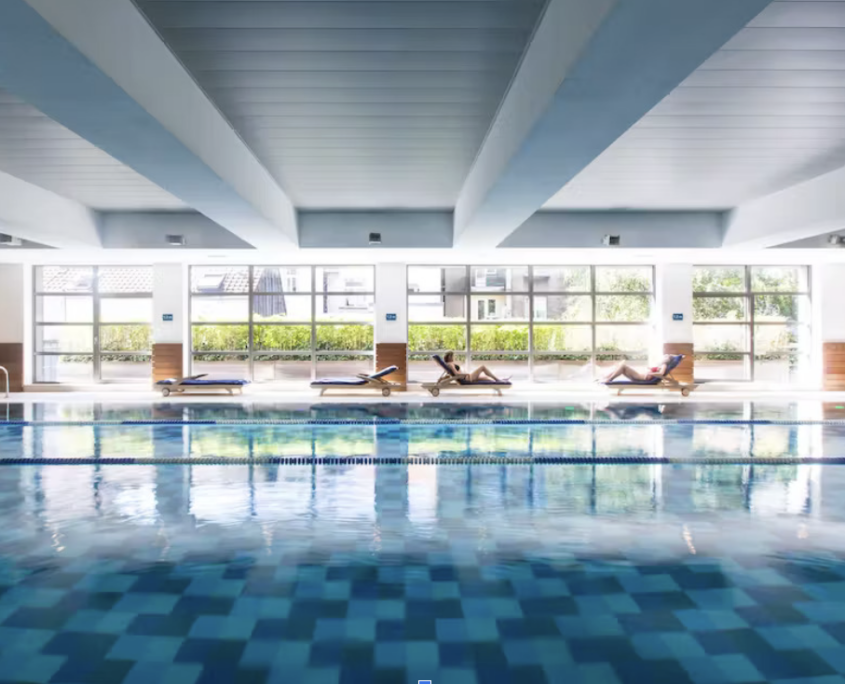

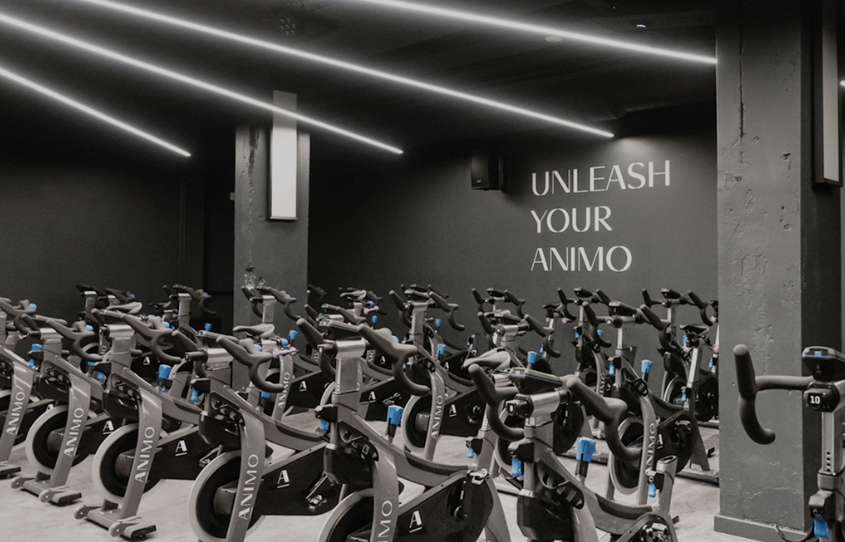

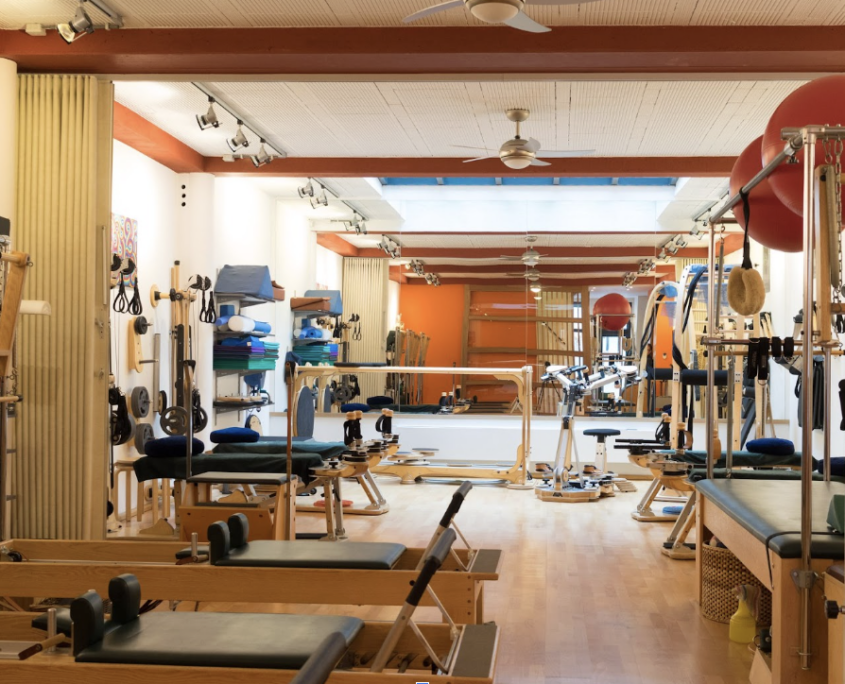
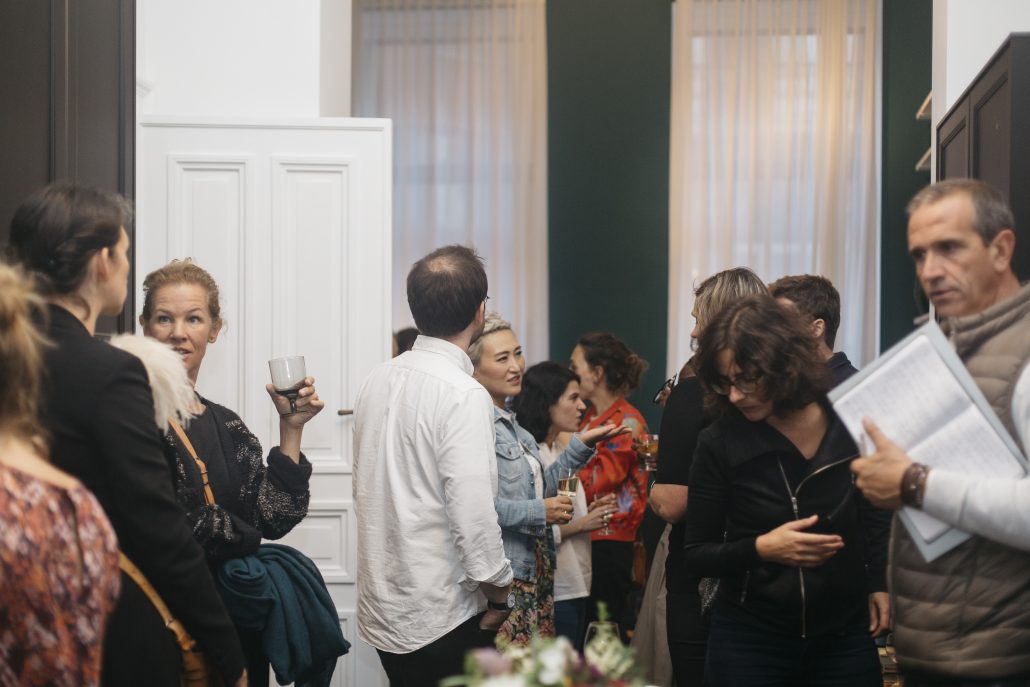
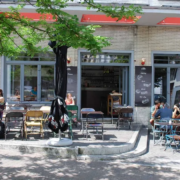
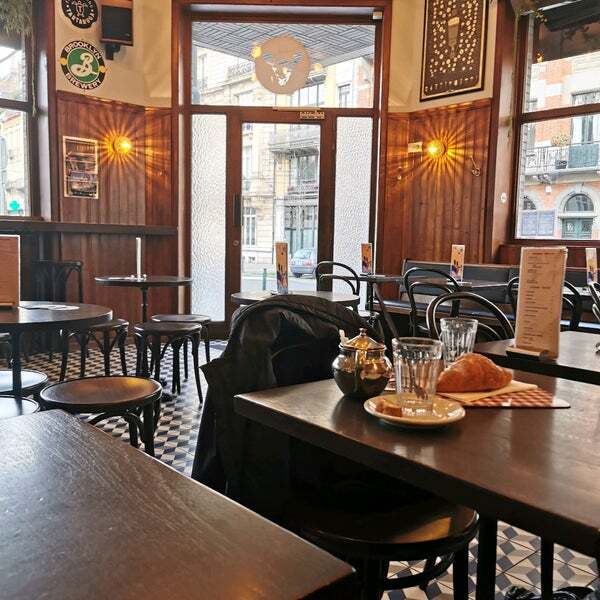
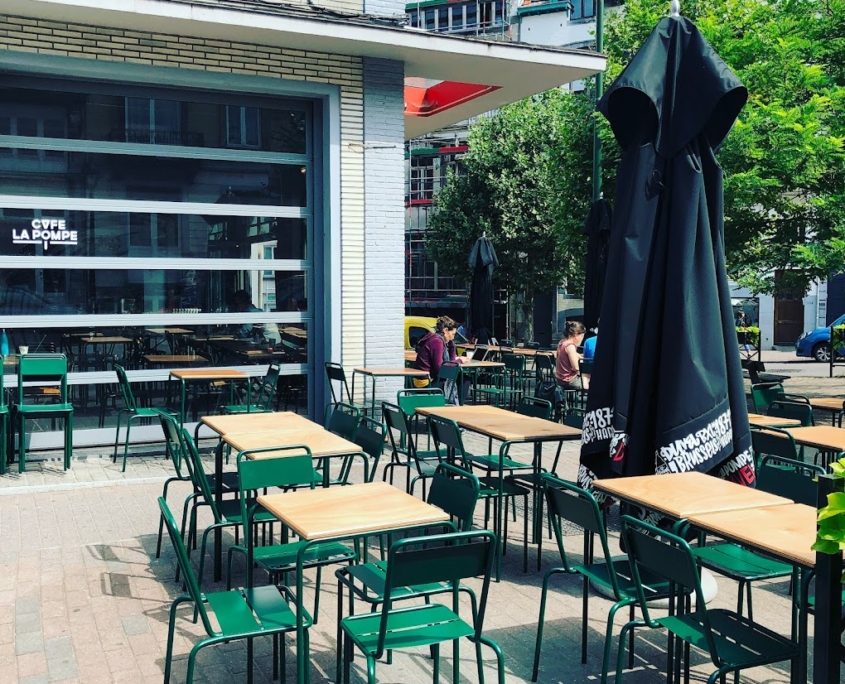
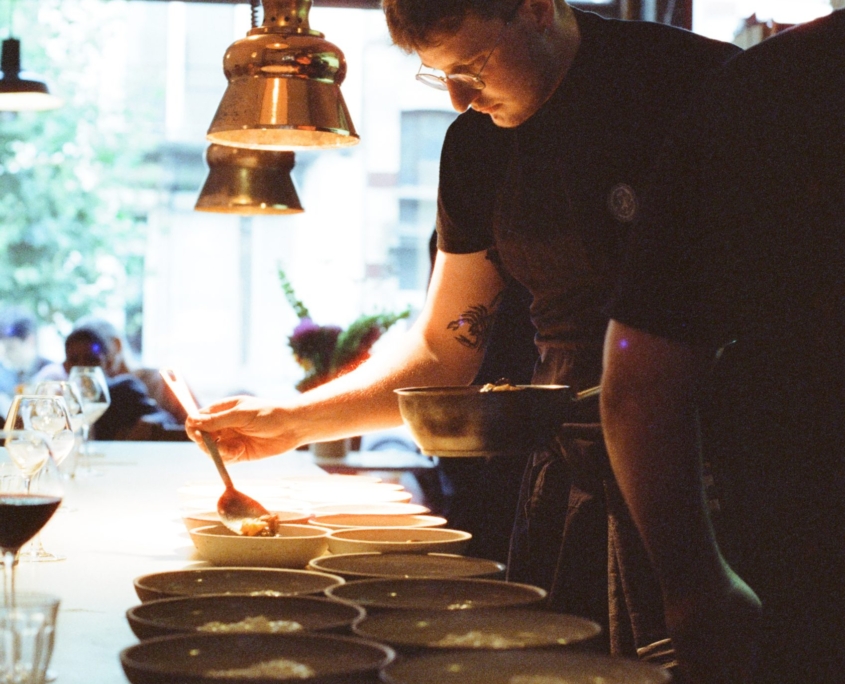
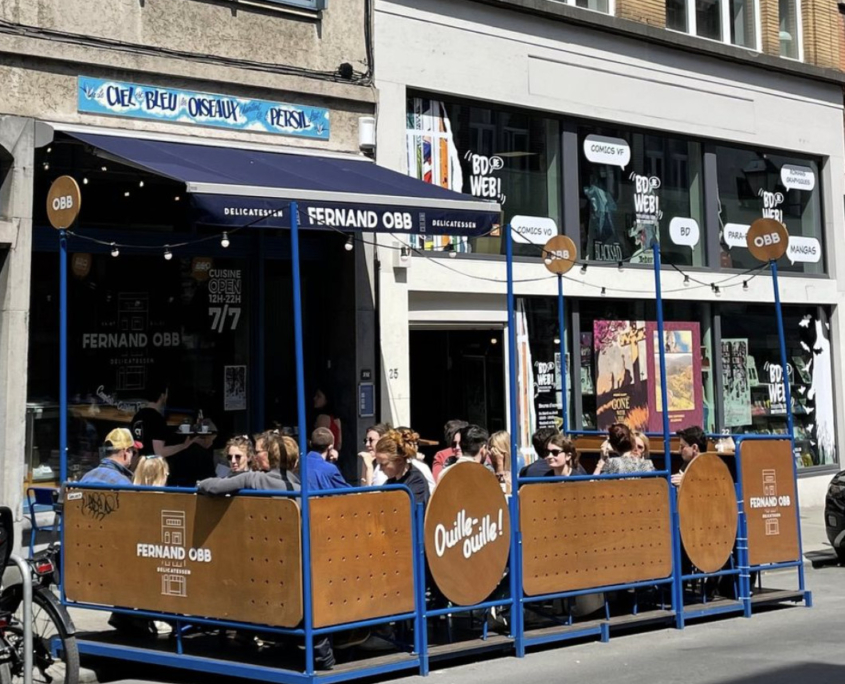
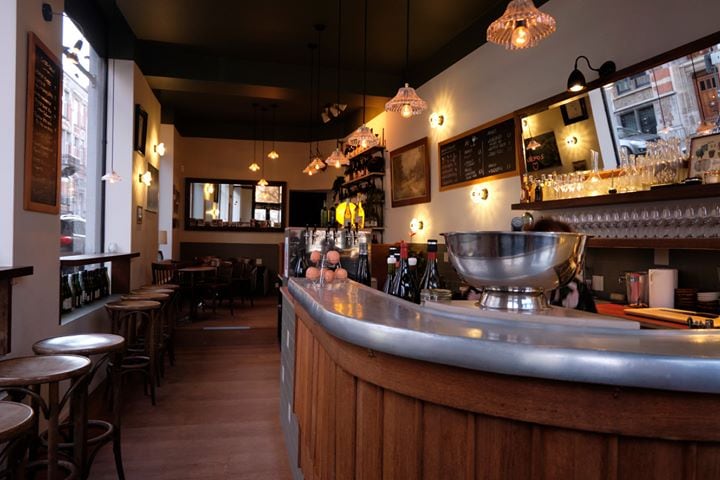
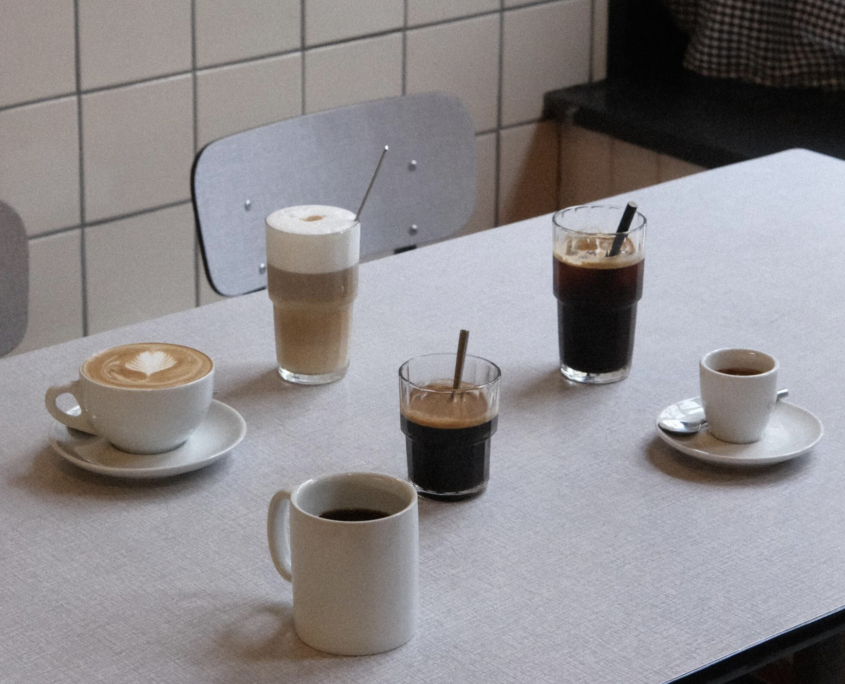
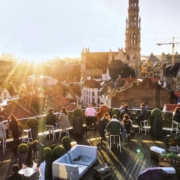 Warwick Hotel
Warwick Hotel 
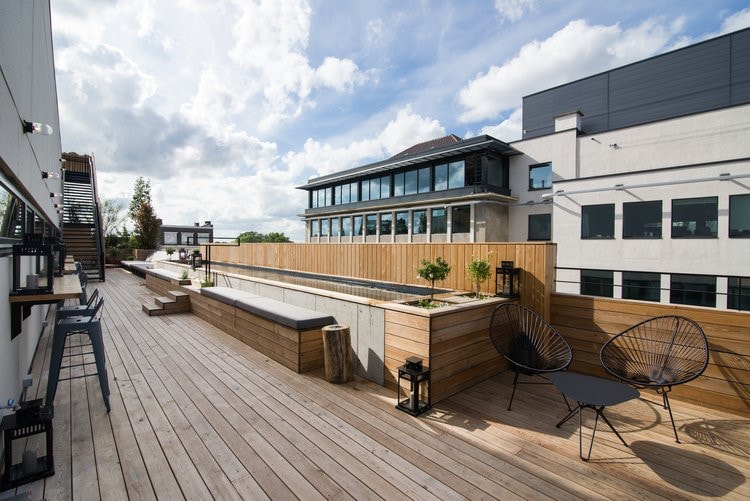
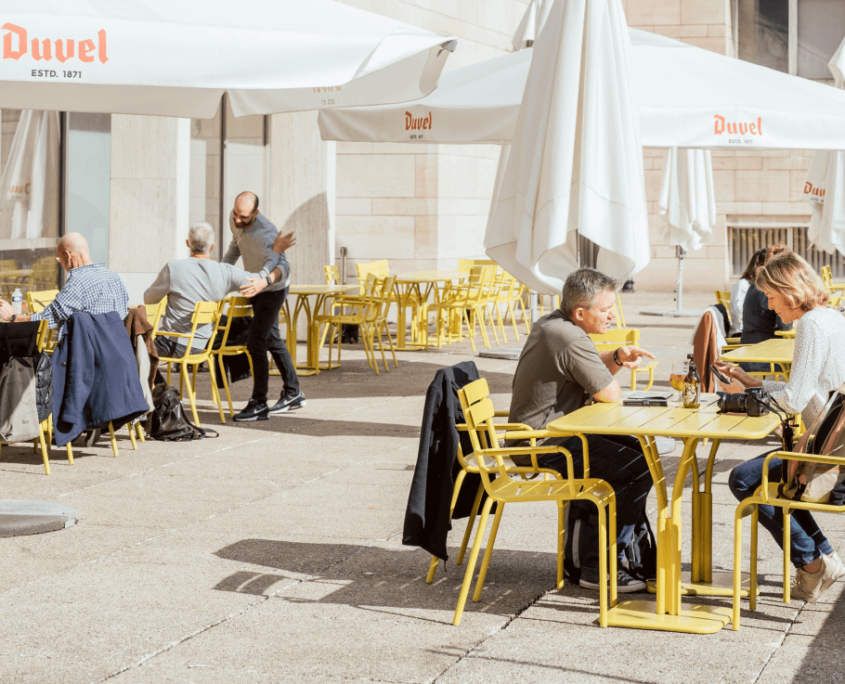
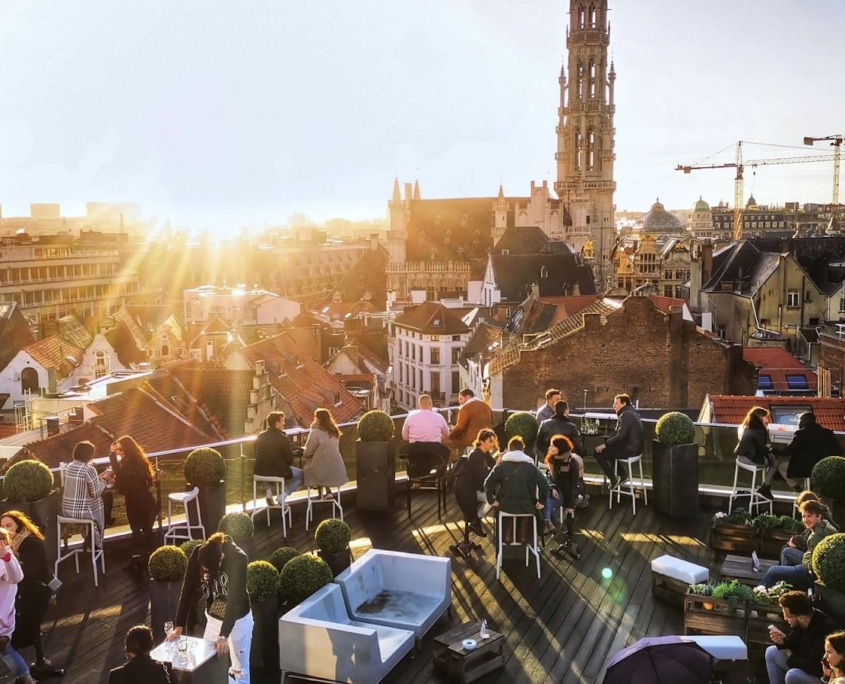
 MORTON PLACE
MORTON PLACE